Discover the Versatility of DC to AC 75V Inverters
The DC to AC 75V inverter category encompasses a range of devices designed to convert direct current (DC) from a 75-volt source into alternating current (AC), facilitating the use of household appliances and commercial equipment in locations where only DC power is available. These inverters play a crucial role in various settings, from residential solar power systems to mobile power stations.
Types and Applications
Inverters within this category come in several types, each tailored for specific applications. Pure sine wave inverters ensure smooth operation of sensitive electronics, while modified sine wave inverters are suitable for more robust appliances. These devices are integral in solar power setups, recreational vehicles, and backup power systems, providing a reliable AC power source from DC batteries or solar panels.
Technical Features and Materials
Modern DC to AC 75V inverters are engineered with advanced features to enhance their efficiency and durability. They boast intelligent cooling systems to maintain optimal temperatures and are constructed with sturdy materials that resist wear and tear. Safety features such as short circuit protection and over-voltage protection are standard, ensuring the longevity of both the inverter and the connected devices.
Advantages of Using a 75V Inverter
The advantages of using a 75V DC to AC inverter are manifold. These units provide the convenience of AC power in off-grid locations, allowing for the operation of standard electronics without the need for specialized DC devices. Additionally, their energy-saving capabilities can lead to reduced operational costs in the long term, making them a smart choice for eco-conscious consumers and businesses.
Selection Criteria for Buyers
When selecting a 75V inverter, buyers should consider the power capacity, which should align with the energy requirements of the intended load. It's also important to assess the inverter's compatibility with the existing power setup, including battery voltage and type. The presence of protective features and the efficiency of the cooling system are also critical factors to ensure safe and effective operation.
Environmental Impact and Energy Efficiency
The energy efficiency of 75V inverters is a significant consideration, particularly in environmentally sensitive applications. These inverters are designed to minimize power loss, contributing to a lower carbon footprint. Moreover, their fast-charge capabilities can be particularly beneficial in systems where rapid power restoration is essential.

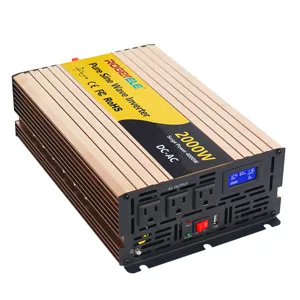











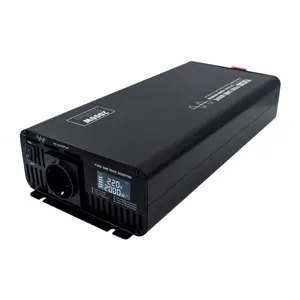
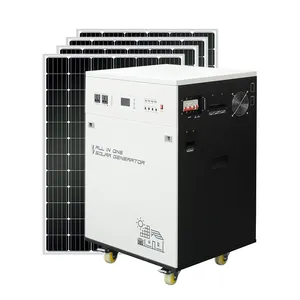


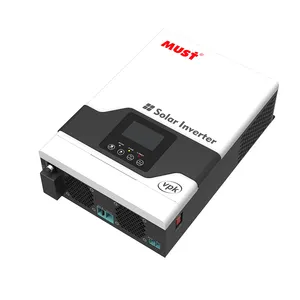


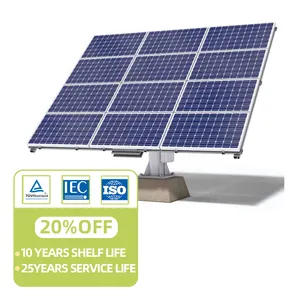
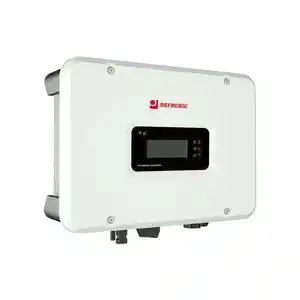
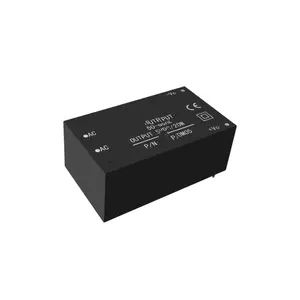
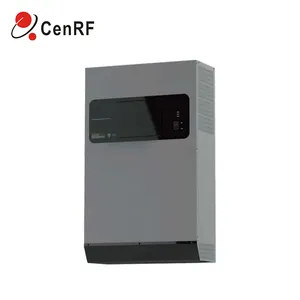


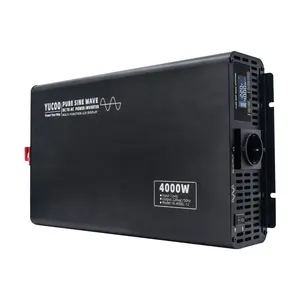
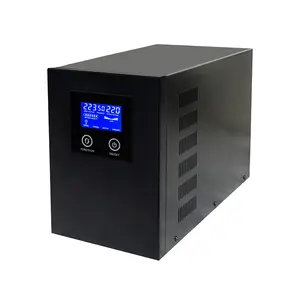


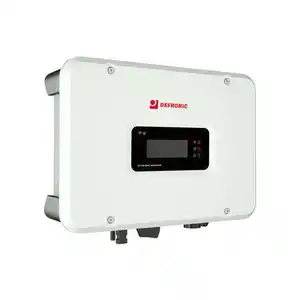
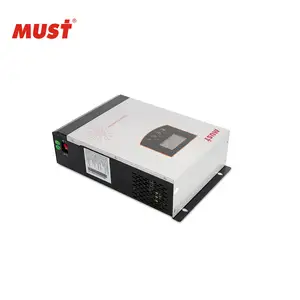
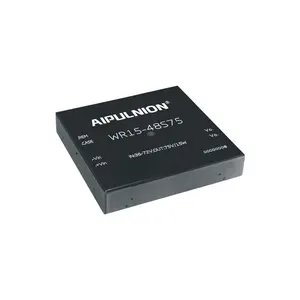
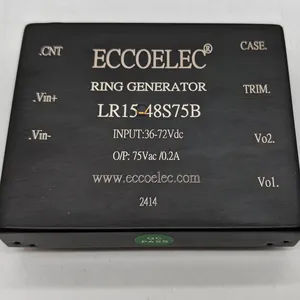

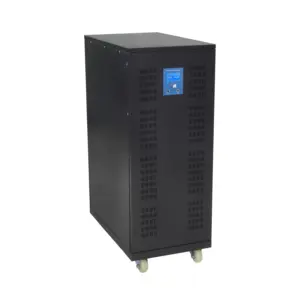
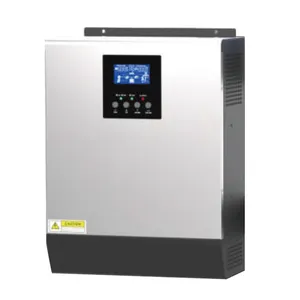
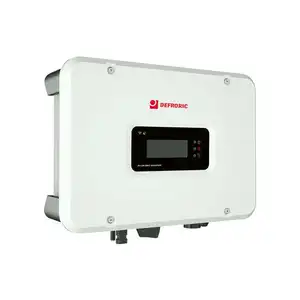
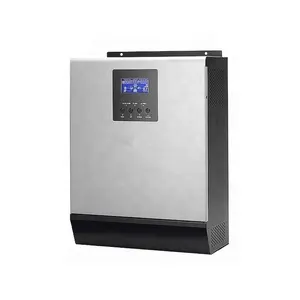


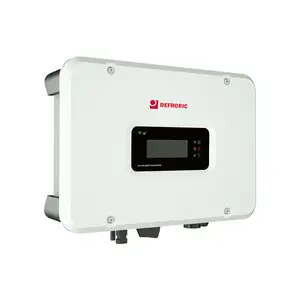

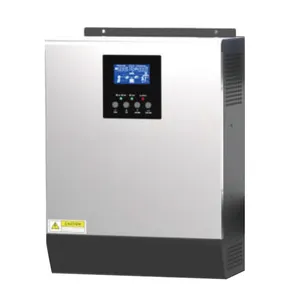
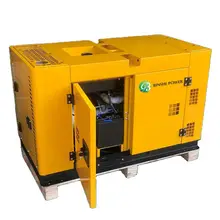

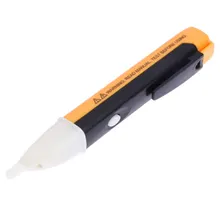
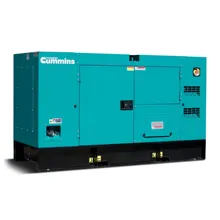



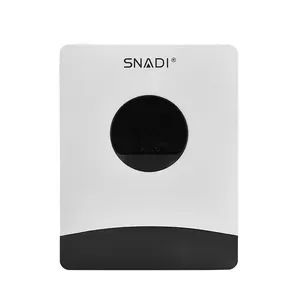




















 浙公网安备 33010002000092号
浙公网安备 33010002000092号 浙B2-20120091-4
浙B2-20120091-4